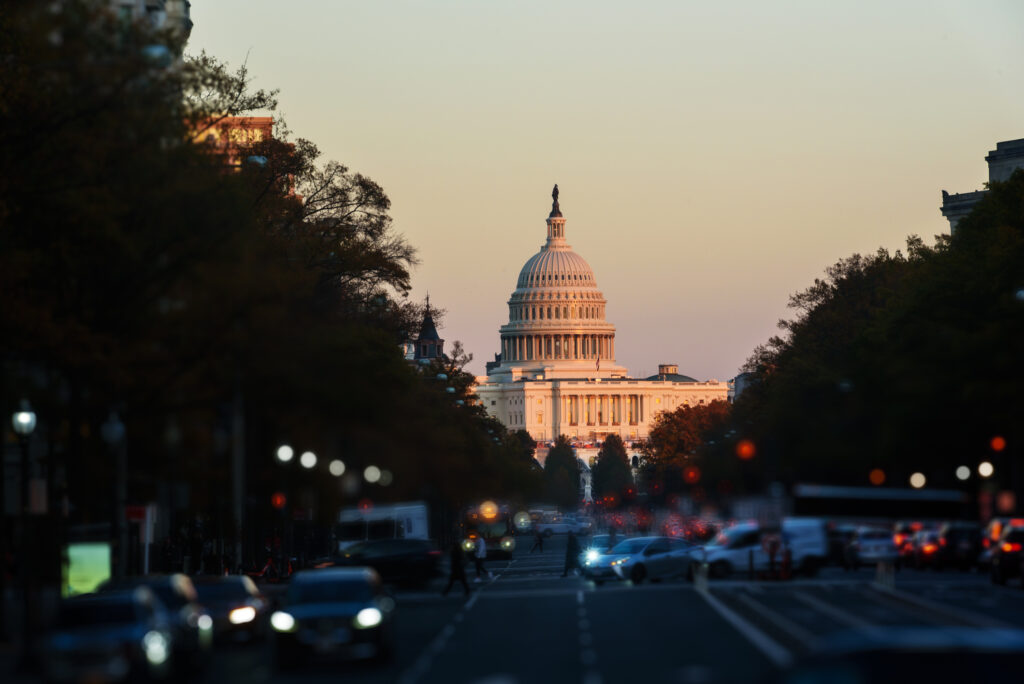A federal agency tasked with enforcing financial restrictions on the public must reorganize itself to comply with the Constitution, federal judges ruled.
In October 2016, three judges on the U.S. Court of Appeals for the DC Circuit ruled in favor of a mortgage lending company that had filed a lawsuit against the Consumer Financial Protection Bureau (CFPB) alleging the agency’s organization is improper because it has granted too much power to its director.
CFPB is an independent government agency created by the Dodd-Frank Wall Street Reform and Consumer Protection Act, commonly referred to as “Dodd-Frank,” to enforce government restrictions on financial activity.
In June 2015, CFPB Director Richard Cordray charged penalties to a financial company accused of illegal activity, in addition to penalties charged by an administrative judge.
The business sued CFPB, claiming the agency’s power was improperly concentrated in a single director, allowing the director to wield more power than any other government agency.
The appellate court judges ruled in favor of the financial company, and the judges are mandating CFPB reorganize as an agency under the authority of the executive branch of government instead of operating as an independent agency, as it does now.
Future presidents, starting with President-elect Donald Trump, will be able to terminate CFPB directors without cause, as presidents can do with other executive-branch agencies.
Agencies Run Amok
Todd Zywicki, a professor of law at George Mason University, says CFPB concentrates power in one individual, which is contrary to the way most independent government agencies operate. Zywicki says they normally are “multi-member administrative [agencies]” that distribute power among a board or commission.
“Independent agencies themselves have a somewhat questionable standing in the American constitutional system, but at least a multi-member administrative agency has some degree of internal checks and balances,” Zywicki said. “Usually, they’re bipartisan in nature, which means there are always minority members who can blow the whistle on biased or idiosyncratic decision-making. The deliberation process itself tends to induce fairer decision making. A single-director agency, however, has no such accountability.”
Bypasses Constitutional Checks
Zywicki says CFPB requires further reining in by lawmakers.
“What we have now [in CFPB] is an executive agency [in which] the president has no control over its budget,” Zywicki said. “The entire budget is funded by the Federal Reserve, which is a separate, independent agency that is funding an executive agency.
“Over the long run, the best solution would be for a bipartisan congressional approach to this that would make [CFPB] a multi-member independent agency, where Congress controls the budget,” Zywicki said. “That seems to be a much better model than this behemoth that Dodd-Frank created.”
‘Two Basic Principles’
Iain Murray, vice president of strategy for the Competitive Enterprise Institute, says holding government agencies accountable for their actions is an all-American value.
“Accountability and separation of powers are two basic principles of the American republic,” Murray said. “One major component of this is oversight by the elected branches: The president is accountable for the actions of executive agencies, and Congress can examine their activities and, if necessary, restrict their budget.”
Calls for Further Reforms
Murray says Congress should assert its constitutional authority and hold the executive branch accountable.
“Congress’ lack of control over the CFPB’s budget still raises serious constitutional questions,” Murray said. “Congress should also reexamine the wisdom of giving CFPB power over such an extremely wide range of consumer and financial issues.”




